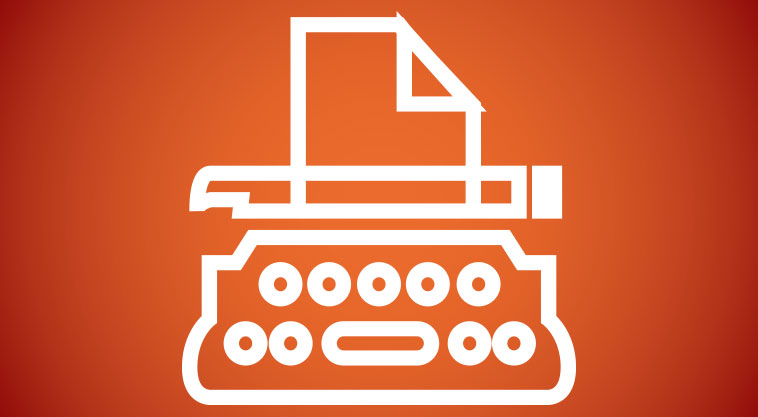Care to Join: Chapter 6


Every head on my block turned when my friend Keren’s Audi pulled up, and she stepped out carrying a Prada handbag and wearing Gucci jeans.
As I ushered Keren to my door, my neighbor Miri came over to introduce herself and chat for a few minutes. Then Keren and I went in.
That evening, as I stood washing my dirty mixer, there was a knock on the door. Miri stood there, ostensibly wanting to borrow three eggs. I went to get the eggs and she followed me into the kitchen and asked the question I was waiting for.
“So, how do you know Keren?”
“She used to work with my mother,” I answered.
Miri thought for a moment. “You know, Leah, I have no problem with non-frum Yidden, but I would never want to become friendly with someone like Keren.”
“Why?”
“Well, influence is stronger than we think, and I would be afraid of how the relationship might affect me. Keren’s so beautiful, living a perfect life. You don’t ever get jealous of her?” After a pause, Miri continued. “What does someone like Keren know about not sleeping at night because you have a sick child, or a huge monthly mortgage payment? If you spend too much time hanging around someone like that, you can start questioning Judaism.”
She sat down on the kitchen chair, waiting for a reply.
Miri’s question reminded me of my encounter with Martha. I had been standing in a bagel store in the Old City when I heard, “Excuse me?”
I turned to see a smiling woman with perfect white teeth. Her outstretched hands held an array of shekel notes: 20s, 50s, 100s, and 200s. I wondered if she wanted to give me a handout because she saw my sheitel badly needed a wash.
“The cashier said I owe 35 shekels for my breakfast,” she said. “I’ve only been in Israel one day and haven’t yet figured out how the money works. Can you help me pay?”
I indicated the 50-shekel bill and she paid the cashier.
“Thanks,” she said with a smile as she received her change. Soon we were deep in conversation. Martha told me she’s from Arizona and runs a bank.
“It teaches me a lot,” she said. “I’ve learned that money doesn’t necessarily make people happy.” She told me about a client worth a billion dollars. “He just sold all his possessions — cars, private jets, houses… everything. He says maybe if he gets rid of all his possessions, his life will become simpler. Life gets complicated when you just have too much.”
She grew pensive. “Thank G-d, I have two wonderful children who speak to me and a husband who loves me. That’s what counts.”
(Excerpted from Family First, Issue 615)
Oops! We could not locate your form.


